People
Research in the Laboratory for Computational Physiology takes place both in the laboratory itself and through collaborations with other researchers elsewhere on campus. Current members of the laboratory are listed below.
Current members
Roger Mark

Dr. Mark is Distinguished Professor of Health Sciences and Technology in the Institute of Medical Engineering and Science at MIT. He received the SB and PhD degrees in EE from MIT, and the MD degree from Harvard Medical School. He trained in internal medicine at the Harvard Medical Unit at Boston City Hospital, and then spent two years in the Medical Corps of the USAF studying the biological effects of laser radiation. He joined the faculty of the EE Department at MIT in 1969, and also the faculty of the Department of Medicine at Harvard Medical School. He has been active in teaching cardiovascular pathophysiology to HST students, and quantitative physiology to undergraduate biomedical engineering students at MIT. Dr. Mark is a fellow of the IEEE, a fellow of the American College of Cardiology, and a founding fellow of the American Institute of Medical and Biological Engineering. He conducts research aimed at improving health care through the generation of new knowledge, monitoring technology and clinical decision support by applying physiological signal processing, data science and machine learning to large collections of critical care data.
Leo Celi

Dr. Celi directs all the interdisciplinary clinical research of the lab and mentors many young clinicians who collaborate with the core engineering staff on research projects. He is a physician with board certifications in internal medicine, infectious disease and critical care medicine. He also holds master’s degrees in Biomedical Informatics (MIT) and Public Health (Harvard). He is Associate Professor of Medicine at Harvard Medical School and Principal Research Scientist at MIT. He actively attends and teaches in the Medical Intensive Care Units at BIDMC during 6 weeks each year. He teaches two MIT courses—HST.936 Global Health Informatics to Improve Quality of Care, and HST.953 Secondary Analysis of Health Data and oversees efforts to transition the course into a massive open online course under edX. His research interest is in data mining and the application of machine learning on large databases. He works with MIMIC, the publicly-available de-identified ICU database from BIDMC. He is working on a data-driven decision support system known as Collective Experience that (1) allows a clinician to draw on the experience of other clinicians who have taken care of similar patients as recorded in a clinical database, and (2) uses models performed on relatively homogeneous patient subsets.
Li-wei Lehman
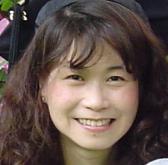
Dr. Li-wei Lehman is a full-time Research Scientist in the Laboratory for Computational Physiology (LCP) at the MIT Institute for Medical Engineering & Science (IMES). Her research focuses on machine learning for physiological dynamics modelling and informed clinical decision making. She is a member of PhysioNet, which is an NIH-funded project on Research Resource for Complex Physiologic Signals. She received her Master's degree in Computer Science from Georgia Institute of Technology, and her Ph.D. from MIT.
Tom Pollard
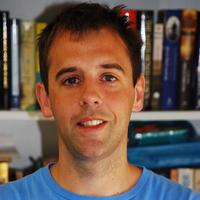
Tom earned his PhD in biomedical engineering at University College London and University College London Hospitals (UCLH) where he obtained focused experience in the intensive care environment and computational modeling of patient physiology. He is currently a full time Research Scientist at MIT and Technical Director of PhysioNet. He is expert in the development, support, and analysis of critical care databases, including MIMIC and the recently released eICU Collaborative Research Database. He conducts retrospective studies in collaboration with clinical specialists, develops and supports critical care databases that are widely used around the world in research and education, and he has created software used by hundreds of researchers and students internationally. Tom has a broad interest in how we can improve the way that critical care data is managed, shared, and analyzed for the benefit of patients. He is a Fellow of the Software Sustainability Institute and a Member of the MIT Task Force on Open Access.
Jesse Raffa
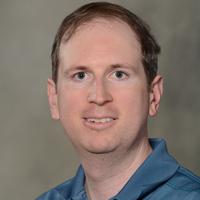
Dr. Jesse Raffa, PhD, is a biostatistician Research Scientist at MIT and provides statistical and epidemiological expertise to the group. His primary area of interest in methodological research has been the analysis of complex longitudinal data, in particular using different types of latent variable structures. This is highly relevant in the critical care setting, where most data is both longitudinal and complex in nature. He provides study design and analytical support for LCP’s clinical collaborations both as a consultant and data analyst.
Benjamin Moody

Mr. Benjamin Moody is a scientific programmer with extensive experience in physiologic signal processing. He manages the acquisition, reformatting, de-identification and archiving of the physiologic waveform data that accumulates continuously at a rate of 400 GB (3,000 waveform records) per month! The data is collected from all patients in the ICUs and NICUs at BIDMC by the Philips monitors. The waveforms are archived by the Philips Data Warehouse Connect system, and are transmitted to MIT via a VPN network connection. Mr. Moody extracts the data, reformats it into wfdb flat files, de-identifies and time-shifts it, and ultimately matches it to associated clinical data.
Kenneth Paik
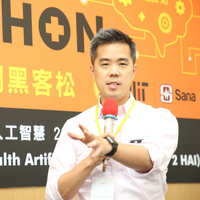
Kenneth E. Paik, MD MBA MMSc is a clinical informatician focused on quality improvement in healthcare through technology innovation, combining a multidisciplinary background in medicine, machine learning, business management, and technology strategy. As a Research Scientist at MIT his research encompasses the secondary analysis of health data and the application of digital health in resource limited settings.
Brian Gow
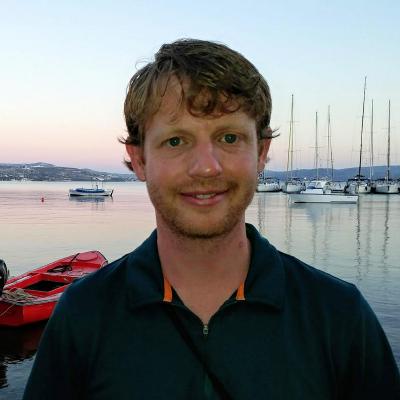
Brian works full-time for the Laboratory for Computational Physiology (LCP) at the MIT Institute for Medical Engineering & Science (IMES). He studied electrical engineering at Rensselaer Polytechnic Institute in Troy, NY. He transitioned into research from corporate engineering as part of a study that used a Kelvin (capacitive-coupling) probe. He developed expertise in using complexity-based techniques for non-linear physiological signal analysis. His current role involves incorporating new modules of data into MIMIC, along with supporting the PhysioNet platform and community.
Affiliated collaborators
Alistair Johnson
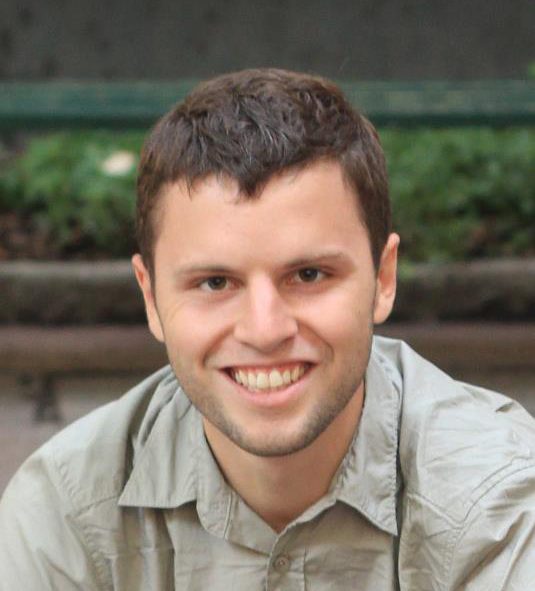
Dr. Johnson is a Scientist at the Hospital for Sick Children. He received his Bachelor of Biomedical and Electrical Engineering at McMaster University and successfully read for a DPhil at the University of Oxford. Dr. Johnson has worked in machine learning and healthcare for over a decade. Dr. Johnson has strived to overcome barriers to data access, and his work on MIMIC-III demonstrates the immense potential of publicly available data. His research focuses on enabling healthcare research, including the development of new database structures tailored for healthcare, algorithms for deidentification of rich clinical data, and tools for assessing data quality.
Lucas McCullum
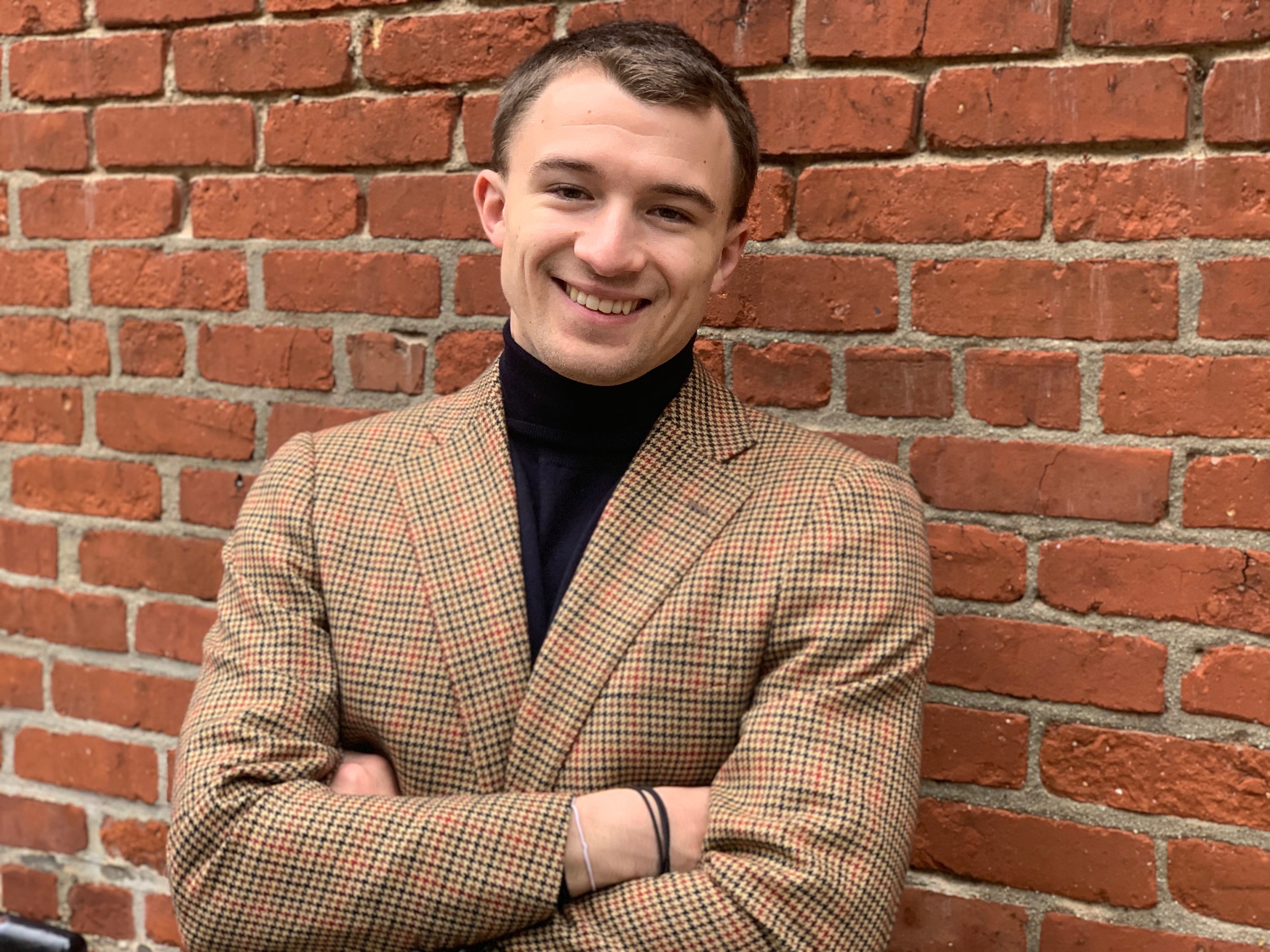
Lucas currently works in the Radiation Oncology research department at Massachusetts General Hospital and Harvard Medical School. He also continues to work part-time in the Laboratory for Computational Physiology (LCP) at the MIT Institute for Medical Engineering & Science (IMES) and has been a part of the team since March 2020. He earned his B.S. in Mechanical Engineering from the University of Maryland, Baltimore County (UMBC) before enrolling in a M.S. in Computational and Mathematical Engineering with a focus on Imaging Sciences at Stanford University. His previous research includes a vast array of interdisciplinary fields including biomedical engineering, computational fluid dynamics, sustainable engineering, bioinformatics, machine learning, and computational neuroscience. His current work for LCP focuses on developing the PhysioNet platform as well as contributing to waveform analysis on the MIMIC platform.

![[MIT photo logo]](/static/images/mit.png)
![[IMES photo logo]](/static/images/imes.png)
![[HST photo logo]](/static/images/hst-logo.png)